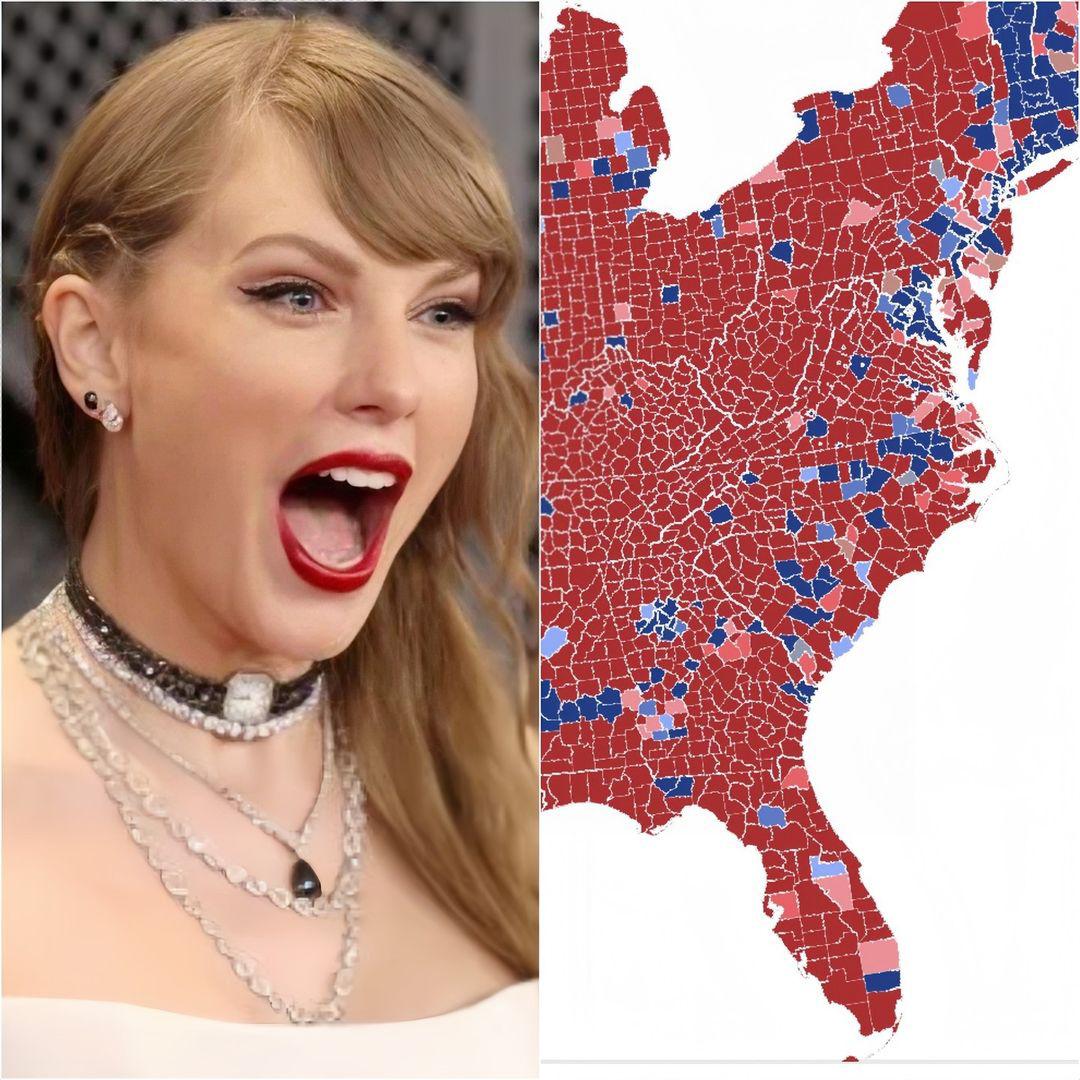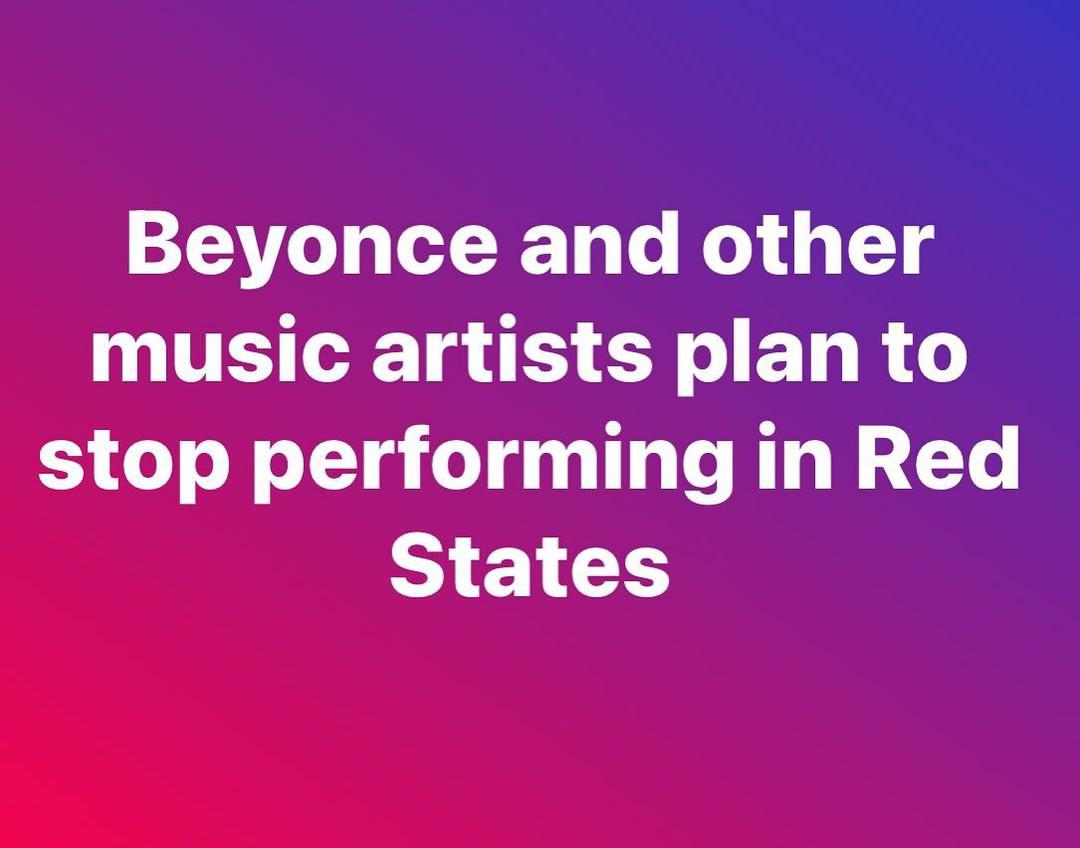NFL
BREAKING: Taylor Swift Hit With $1 Billion Loss As Red States Boycott: “Never Saw It Coming!”

In an unprecedented move, Beyoncé, alongside a growing list of high-profile music artists, has announced plans to reconsider or even cancel performances in certain U.S. states in response to recent legislation passed in what are often referred to as “red states.”
The boycott is a direct protest against laws affecting reproductive rights, LGBTQ+ protections, and civil liberties, which many of these artists say conflict with their personal and professional values.
The announcement comes after a series of controversial bills in states like Texas, Florida, and Tennessee, which have drawn criticism for restricting access to abortion, banning books, and curbing LGBTQ+ rights. In response, musicians including Beyoncé, Taylor Swift, Lizzo, and Jack White have expressed solidarity with activists and fans who feel targeted by these policies.
Beyoncé, one of the biggest names in the industry, revealed the move during an exclusive interview with Rolling Stone. “Music is about connection, freedom, and empowerment,” she said. “Until these laws reflect the values of inclusivity, equality, and respect, I cannot in good conscience perform in places where my fans or fellow citizens are being marginalized.”
The boycott is expected to have a significant financial impact on venues and local economies in states affected, many of which have long been popular stops for major tours. “This is a difficult decision for us, as we always want to bring music to our fans everywhere,” Beyoncé continued. “But when human rights are on the line, there’s no choice but to stand up.”
Music venues in cities like Austin, Dallas, Orlando, and Nashville are already bracing for potential cancellations, with local promoters expressing concern over the fallout. However, many fans have rallied behind the artists, organizing protests and social media campaigns to show their support.
Artists like Swift and Lizzo have also echoed similar sentiments, stating they would rather use their platforms to advocate for change than participate in events that might inadvertently legitimize policies they see as harmful. Swift, known for her vocal advocacy for women’s rights, tweeted, “The art we create is a reflection of the world we want to live in. Until we see laws that protect every person’s dignity, my music will not be played in certain states.”
The ripple effects are already being felt, with other entertainers, including comedians, actors, and athletes, reportedly considering similar boycotts or adjusting their touring schedules to avoid these states.
For music lovers in red states, the news comes as a blow, especially in cities that have traditionally embraced live music culture. “I was really looking forward to Beyoncé’s tour stop in Houston,” said one fan. “But I understand why she’s doing this. It’s bigger than music, and it’s about standing for what’s right.”
While the boycotts are expected to draw significant attention to the ongoing debates around these policies, it remains to be seen how long the cultural boycott will last, and whether it will prompt lawmakers to reconsider or revise some of the legislation at the heart of the controversy.
Industry experts suggest that the collective influence of these top-tier musicians could set a powerful precedent for activism in the entertainment world. “This is no longer just about music,” said cultural critic Mike Silver. “It’s about using the platform to speak out against injustice—and it’s something the industry has never seen before on this scale.”













